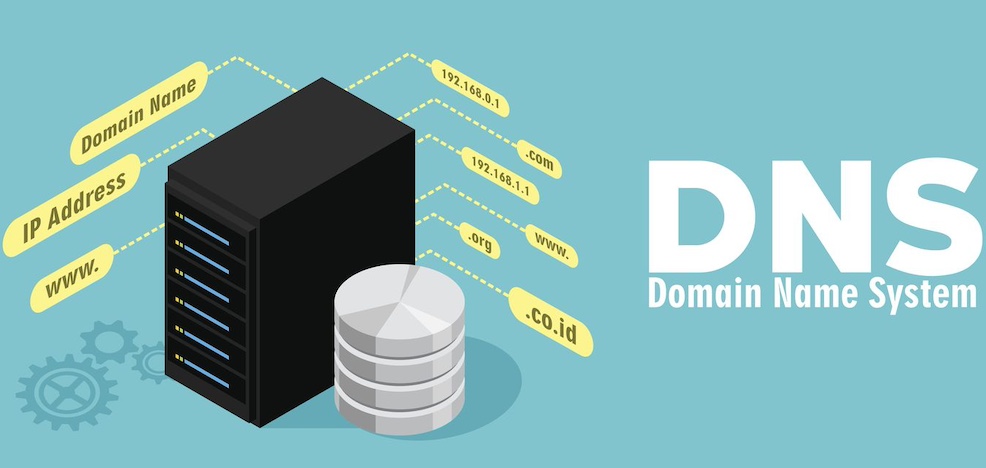What is DNS and What Does It Do?
DNS (Domain Name System) is a system that translates domain names, which are easy for humans to understand, into numerical IP (Internet Protocol) addresses that are used by devices and computers on the internet. Every device on the internet needs to have a unique IP address. However, since remembering numerical IP addresses can be difficult, DNS converts these addresses into user-friendly domain names, thereby directing internet traffic accurately. DNS makes the internet more accessible and easier to use for people. It is also used in email communication, file sharing, and other network services, thus facilitating more effective communication and data transfer over the internet.

How Does DNS Work?
DNS works like a phone book. Just as you would look up a person's name in a directory to find their phone number, DNS looks up a domain name to find its IP address. For example, when you type www.onpeka.com into your browser, the browser first contacts DNS, which then returns the IP address of that domain name, allowing the browser to connect to the website.
DNS, Your Internet Address Guide.
DNS (Domain Name System) is like a phone book for the internet, converting easy-to-remember domain names into numerical IP addresses needed by computers to connect over the internet. This system simplifies navigating the internet by allowing users to access websites using familiar domain names instead of complex IP addresses. DNS operates by looking up the domain name and providing the corresponding IP address, much like finding a phone number in a directory by a person's name. Users can change their DNS settings to improve internet speed, enhance security, or restrict access to certain sites. DNS has evolved since its creation in 1983, supporting the growth of the internet with both free and paid services, which vary in performance, security, and features.

